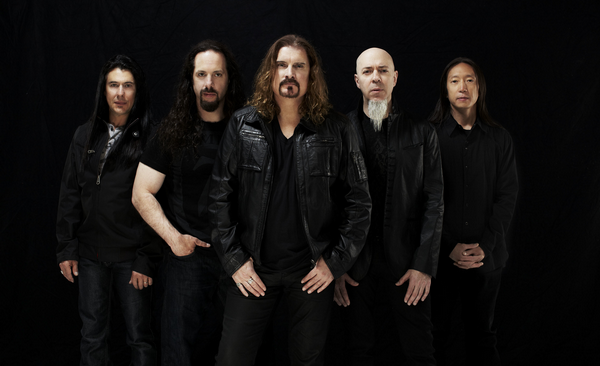However, the man that proved elusive for several weeks is friendly and sincere. He seems heartened by the news that he’s been allocated an interview with a journalist who’s a long time fan, as opposed to someone whose done a quick YouTube and Wikipedia search beforehand, with no actual clue or interest in him or his music.
So how does he approach going into the studio and construct the variation of themes found on his albums? “Every album is really different conceptually, but essentially the singles have always got a few certain things in them that I sort of tick off, he explains. “Singles tend to be for radio and mass market, whereas when you delve into the albums you find they’re a bit more exciting and adventurous. My first album was hip hop, my second I started singing; more of an electro-pop album, third was dubstep and trance, fourth was guitars, fifth album (the recently released Live Life Living) was inspired by the ‘90s.
“But the singles throughout since I had my first hit (Kickstarts) with my second album, they’ve always had some sort of big electronic riff or piano, and I’d say the constant theme is emotionally uplifting lyrics.” While Gleave admits the albums have each had a distinct flavour, one wonders how the banging party-starting style of music on the singles he creates has remained, despite him ageing and, to an extent, settling down. According to Gleave, he didn’t really know what to write about when creating his little known first album What We Made back in 2007. What came was a “lad album” detailing experimenting with drugs and chasing girls, which he now reflects on as “a juvenile album.”
“Albums two to four are more about growing up and dealing with grown-up problems – things like depression, hangovers, fidelity and honesty, as well as am I addicted to this or that?” he reveals. “They’re all adult themes and there were always songs that dealt with redemption and forgiveness, and other songs that were about excess. It’s all quite dark subject matter, however they seem to really suit the clubs, whereas the fifth album is a happier and positive, it’s still very honest. The main difference is it’s about settling down, being happy and being in love.
“It’s not [like that] all the way through,” Gleave points out. “I’d say there’s about five tracks on it about my wife; the rest are about different feelings and moods associated with partying and raving.” While Gleave may now have a domestic life, the polar opposite of what he had when he started in the business, he still tours, plays the festival circuit and Ibiza every summer, and endeavours to make music for the club and stay in touch with the scene, “even though it’s not really my life like it was five years ago.”
With a first child on the way, Gleave’s life is certainly destined to alter even more dramatically. Has he done anything to prepare? “I think I’m prepared for it, because the main thing having a kid affects is your energy levels, your attention, and your sleep. Those are things I’m already used to dealing with, some nights I get twelve hours sleep, sometimes one.
“I definitely think it’ll be an amazing experience having a kid,” he continues, “however I don’t think I’ll be writing many songs about it. I’m not sure how that’s going to change or inspire me. I tend to write my best stuff when I’m quite sad or lonely – touring and flying can be quite a lonely experience.”
Gleave recently commented that he’d continue to make music for another five years before moving onto his other passion: directing. Will he be calling it a day after five years? “I don’t really have a time limit on [making music],” he ponders. “As long as there’s a demand, I’ll continue making music. I definitely want to move into acting; that might lead into directing. It’s not that I’m going to stop one to do the other; I’m going to try and juggle music and acting and directing. I’ll have to slow down with the touring soon, because having a kid means I won’t be able to do 100 gigs a year.”
BY ALEXANDER CROWDEN







